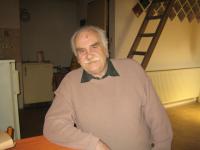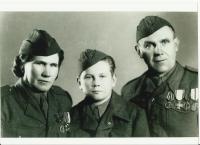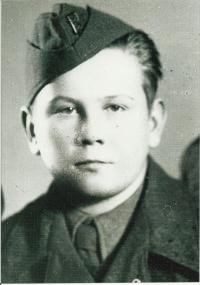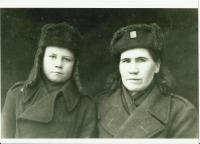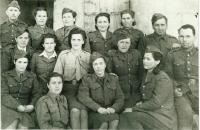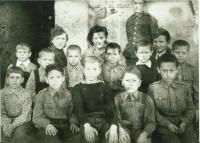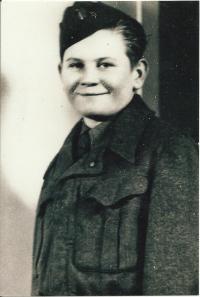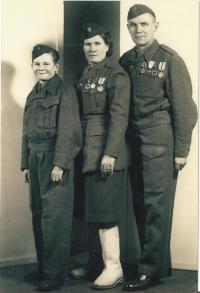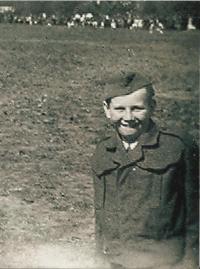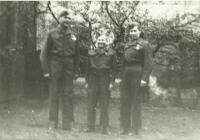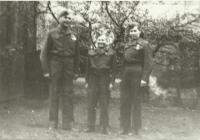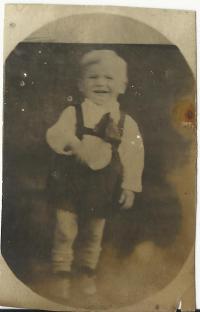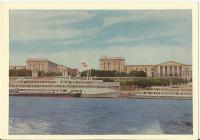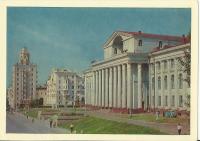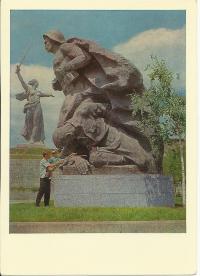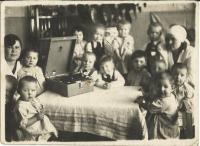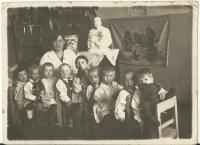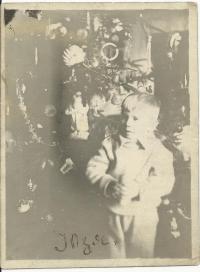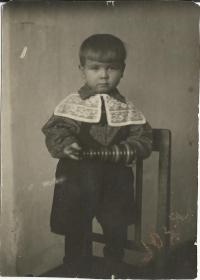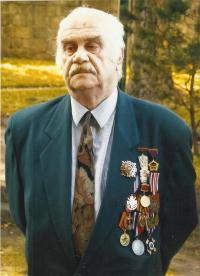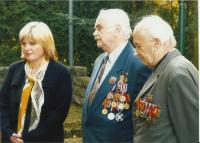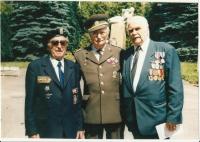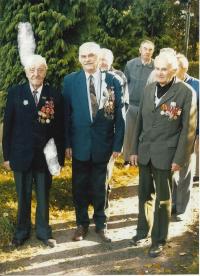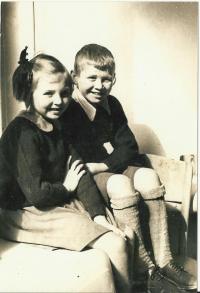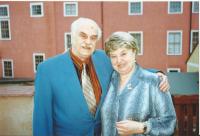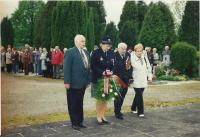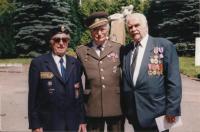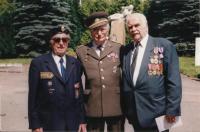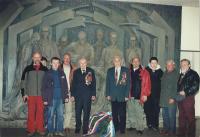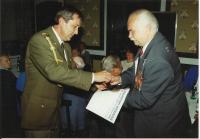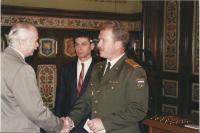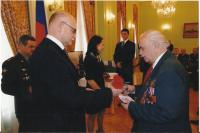There was nothing left from our house in Stalingrad

Download image
Josef Andres was born on 11th March 1935 in Stalingrad into a mixed Czech-Russian family. His father came originally from Třebechovice pod Orebem near Hradec Králové and in 1920 he had left to work in the Soviet Union. He worked in a shoe factory in Rostov-on-Don and later also in a subsidiary factory of the same manufacturer in Stalingrad where he met his later wife Pelagia. The family built a house in Stalingrad. In 1940 Josef’s father was drafted to the Red Army and Josef stayed in Stalingrad with his mother. In August 1942 when the front line moved closer to the city they left on a steamboat on the Volga river to Kuybyshev (today’s Samara) and to Buzuluk where his father served in the Czechoslovak unit. His mother worked in the barracks and his father was the head of the army boots manufacturing workshop. In summer 1943 the whole family moved to Jefremov where Josef attended school classes but also learned to shoot, helped to nurse wounded soldiers and to gather wood. Josef Andres later got through Černovice, Humenné, Poprad and Kroměříž to do Prague where he took part in the parade march at the end of the war. His father got a shoe manufacturing workshop in Broumov which was nationalized by the Communist government in 1949. Josef Andres became an electrician. In 1950s he served the compulsory army service in Pardubice. He passed away on May, 20th, 2013.
